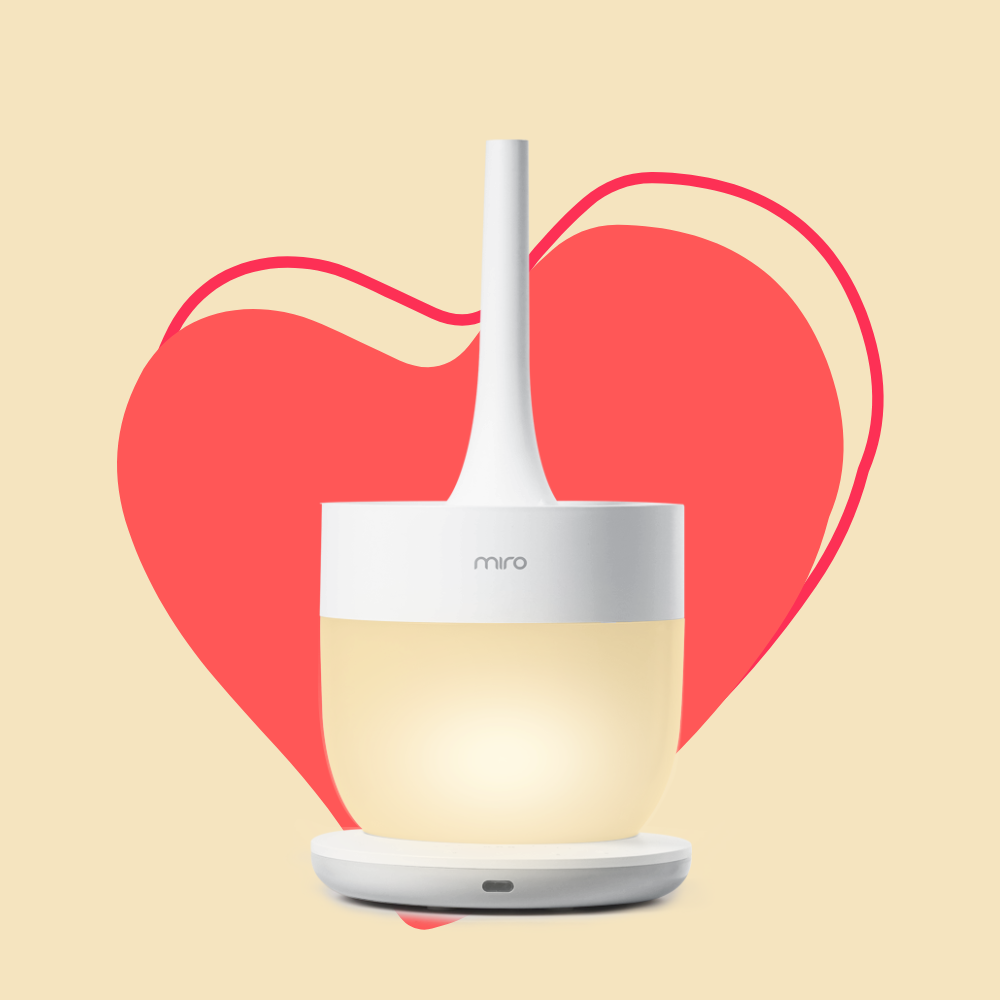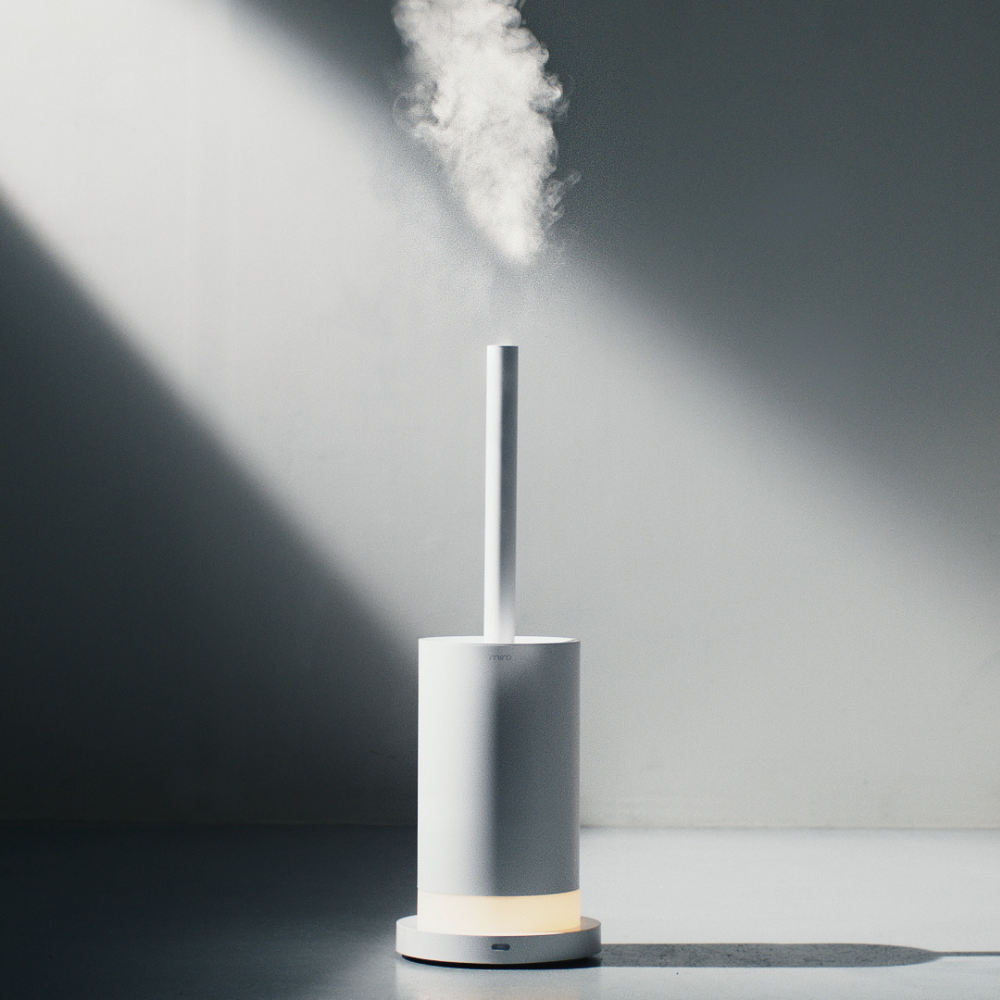

How Much Electricity Does a Humidifier Use
Hey there! Are you wondering how much electricity your humidifier is using up while it's working its magic to keep your home comfortable? Fear not, dear reader, for we have got you covered! In this article, we'll dive into the world of humidifiers, compare their electricity consumption, and share some tips on choosing energy-efficient options. So, buckle up, and let's get started!
Types of Humidifiers
There are four main types of humidifiers you'll come across in the market. Let's take a quick look at each of them:
Evaporative Humidifiers
These bad boys use a fan to blow air through a wet wick filter, which evaporates the water and adds moisture to the air. They're pretty energy-efficient and low-maintenance!
Ultrasonic Humidifiers
Ultrasonic humidifiers use high-frequency vibrations to create a fine mist, which is then dispersed into the air. They're super quiet, which makes them perfect for light sleepers!
Impeller Humidifiers
These work by spinning a disc at high speeds, breaking water into tiny droplets that are then released into the air. They're pretty energy-efficient but can be a bit noisy.
Steam Humidifiers
Also known as "vaporizers," steam humidifiers heat water to produce steam, which is then released into the air. While they're effective, they can be a bit more energy-hungry compared to other types.
Average Electricity Consumption of Humidifiers
Now, let's talk about the elephant in the room: electricity consumption. We've prepared a comparison table for you to see how these humidifiers stack up against each other!
| Humidifier Type | Average Electricity Consumption |
| Evaporative | 30-60 watts |
| Impeller | 25-50 watts |
| Ultrasonic | 10-35 watts |
| Steam (vaporizers) | 150-300 watts |
How to Choose an Energy-Efficient Humidifier
Here are some tips to help you find a humidifier that's easy on your electricity bill:
- Look for ENERGY STAR-rated models
- Choose a humidifier with a built-in humidistat
- Opt for a model with adjustable fan speeds
- Pick the right size and capacity for your room
Tips for Saving Energy While Using a Humidifier
Want to save even more energy? Here are some pro-tips:
- Keep your humidifier clean and well-maintained
- Use a timer or built-in humidistat to control its operation
- Close windows and doors to prevent moisture loss
Do Humidifiers Impact Your Electricity Bill Significantly?
In most cases, the impact of a humidifier on your electricity bill is relatively small, especially if you're using an energy-efficient model. However, it's still a good idea to be mindful of your usage to keep those costs in check!
FAQs
1. What type of humidifier is the most energy-efficient?
Ultrasonic humidifiers are generally the most energy-efficient, followed closely by evaporative and impeller models. Steam humidifiers tend to consume more electricity.
2. Do all humidifiers use the same amount of electricity?
No, electricity consumption varies depending on the type, size, capacity, and settings of the humidifier.
3. How can I save energy while using a humidifier?
Choose an energy-efficient model, use a built-in humidistat or timer, close windows and doors, and maintain your humidifier regularly.
4. Do humidifiers help save energy on heating?
Yes! Using a humidifier can make your home feel warmer, potentially reducing the need for additional heating.
5. Will using a humidifier significantly increase my electricity bill?
In most cases, a humidifier's impact on your electricity bill is relatively small, especially if you use an energy-efficient model and follow energy-saving tips.
Conclusion
So, there you have it! We hope this fun and friendly guide has given you a better understanding of how much electricity a humidifier uses and how to choose an energy-efficient option. Now you can breathe easy knowing you're keeping your home comfortable without breaking the bank!


